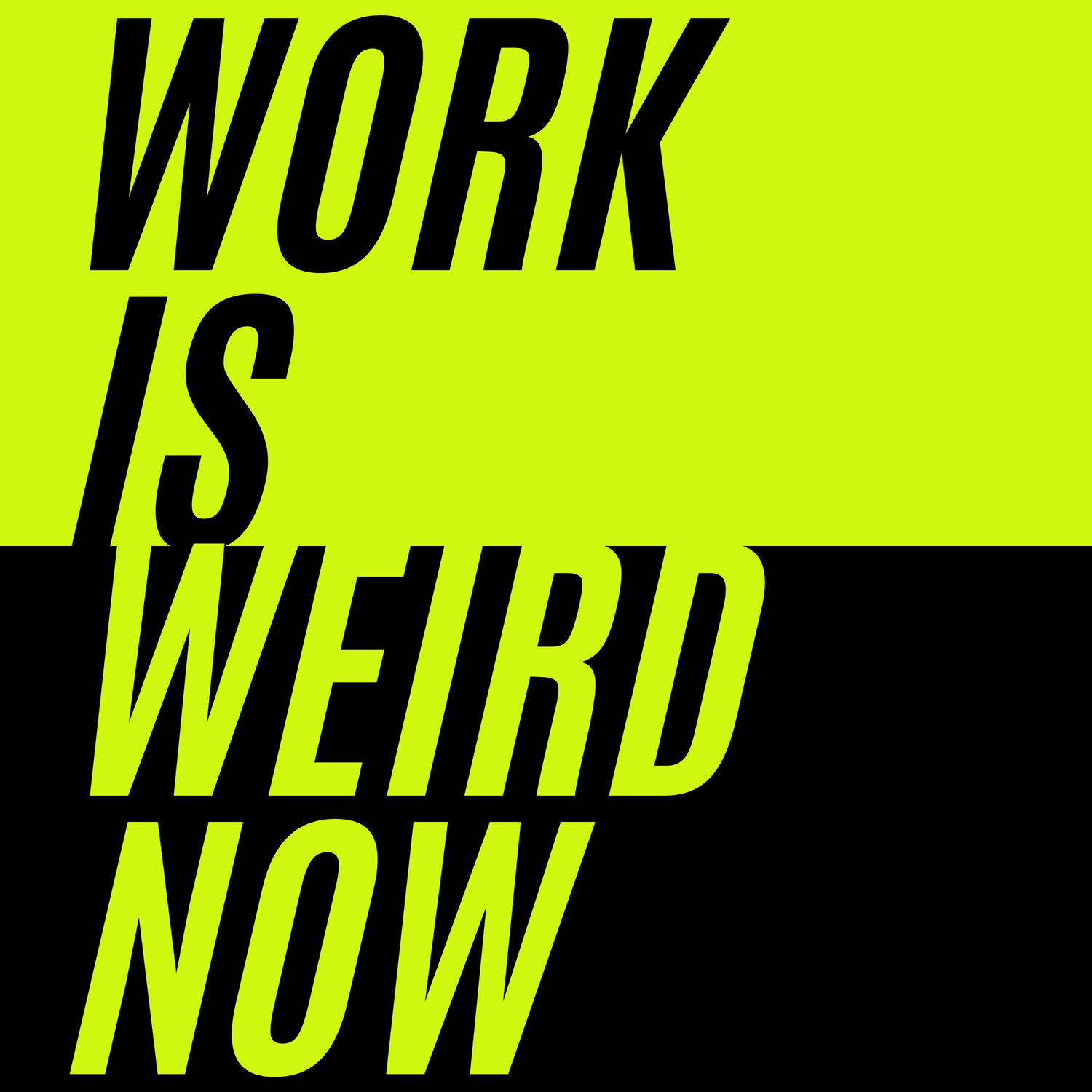why are some women still shut out of work?
This week we’re joined by Jess Rad – founder of The Womanhood, award-winning gender equity campaigner, and an outspoken advocate for the power of hormones, neurodiversity, and honesty in work and life.
Jess joined us to talk about why more women are reaching a career tipping point around 40, how neurodivergence is showing up in workplaces (and why we’re only just learning to see it), and what it means to build systems that really work for different minds and bodies.
It was a big conversation, full of insight, nuance, and heart.
What we talked about
How The Womanhood is creating a new conversation around identity, gender, hormones and health at work
Why Jess walked away from a career in film and TV marketing to create a business based on meaning
What it means to mainstream menopause, and why it’s as much about power as biology
The link between ADHD, autism, and entrepreneurship – and why we need a “mind ramp” as standard in work
How allyship, language and empathy can radically change the way we show up for one another
Three things we’re still thinking about
Hormones change your career – literally
Jess’s explanation of how estrogen declines lead to a physiological and emotional shift in women over 40 was eye-opening. It’s not a crisis – it’s a transition. And it’s prompting women everywhere to re-evaluate their boundaries, identities, and ambitions.Neurodivergent women are underdiagnosed, misunderstood – and under-supported
From sensory overload to misinterpreted social cues, women with ADHD and autism often go unnoticed in the workplace until they burn out. Jess is on a mission to change that – starting with awareness, community, and more inclusive work design.Inclusion isn’t niche – it’s just good business
Whether it’s making job interviews accessible or creating flexible work environments, the changes that support neurodivergent and menopausal employees actually benefit everyone. The best businesses will be the ones that get ahead of this shift.
What we loved
Jess’s use of the term “mind ramp” – the neurodivergent equivalent of a wheelchair ramp – stuck with all of us. Because if you can’t access the space, how can you thrive in it?
She also reminded us that identity is spiky, not linear. We’re all works in progress. The more we understand about how our bodies and brains really work, the more we can advocate for ourselves – and others – in work and in life.
Find out more
Connect with Jess Rad on LinkedIn
Follow The Womanhood on Instagram
Learn more about NeuroCurious at thewomanhood.com
